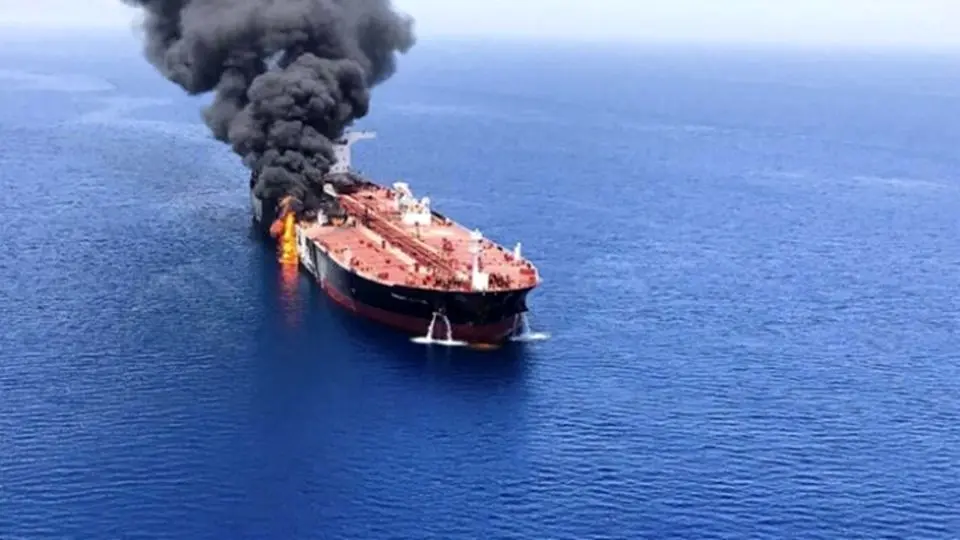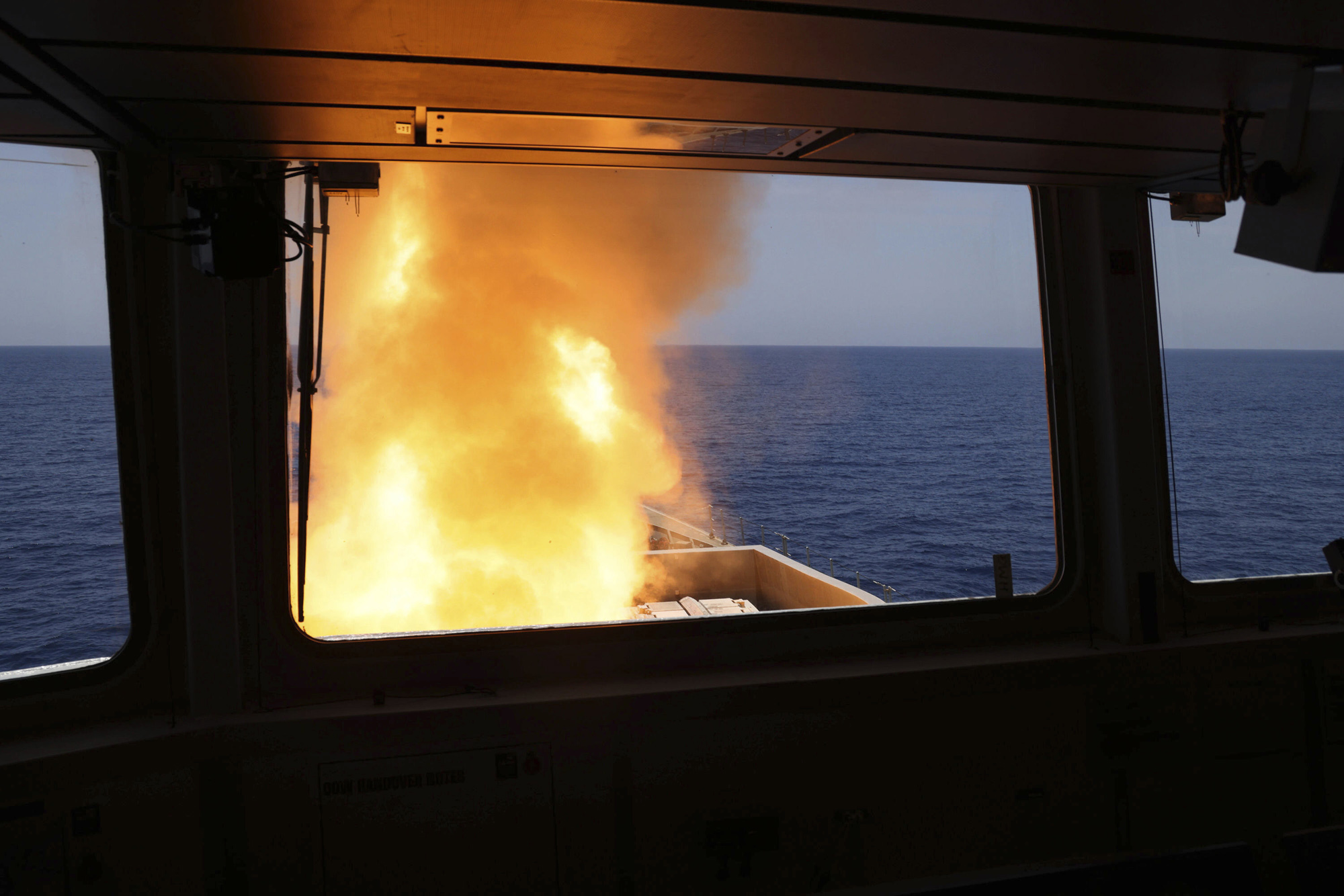On August 21, 2024, a Greek-flagged oil tanker named Sounion found itself the latest target in a string of maritime attacks in the Red Sea. The vessel, which was en route from Iraq to Cyprus, was struck by a series of projectiles, leaving it abandoned, adrift, and engulfed in flames. The attack is suspected to have been carried out by Yemen’s Houthi rebels, a group that has increasingly targeted commercial ships amid the ongoing Israel-Hamas conflict.
The Incident
The Sounion, carrying 25 crew members, was sailing approximately 72 nautical miles west of the Yemeni port city of Hodeida when it came under assault. The attack began with small arms fire from men aboard small boats, followed by at least four projectiles, which may have been either drones or missiles, striking the vessel. The severity of the attack left the ship disabled and ablaze, causing it to drift uncontrollably in the Red Sea.

Despite the intensity of the assault, no casualties were reported among the crew members, who managed to evacuate the ship safely. However, the incident underscores the growing danger that commercial shipping faces in the region.
The Houthi Campaign
The attack on the Sounion is part of a broader campaign by Houthi rebels that has intensified since the outbreak of the Israel-Hamas war in October 2023. The Houthis, who control parts of Yemen including Hodeida, have targeted over 80 vessels using missiles and drones. These attacks are part of a strategy to disrupt global shipping routes, particularly those associated with Israel, the United States, and their allies. The Houthis claim that their assaults are in retaliation for Israel’s military actions in Gaza.
The Houthis’ campaign has already resulted in the sinking of two vessels and the death of four sailors. In addition to the Sounion, recent attacks have targeted other ships linked to Greek companies, suggesting a pattern in their selection of targets. The group has also launched drones and missiles toward Israel, further escalating tensions in the region.
International Reactions
The international community has condemned the attack on the Sounion, with Greek authorities calling it a “flagrant violation of international law” and a significant threat to global maritime security. The British military’s United Kingdom Maritime Trade Operations (UKMTO) center, which monitors maritime activity in the region, issued warnings about the drifting, burning vessel and urged other ships to steer clear of the area.
The attack has raised concerns about the safety of commercial shipping in one of the world’s most critical maritime corridors, through which an estimated $1 trillion in cargo passes annually. The Red Sea and the Gulf of Aden are vital routes for oil and gas shipments, making any disruption in these waters a significant threat to global energy supplies.
Broader Implications
The escalation of Houthi attacks in the Red Sea has significant geopolitical implications. The region is a critical chokepoint for global trade, and any sustained disruption could have far-reaching consequences for international shipping and energy markets. The Houthis’ ability to target vessels with such precision and the frequency of their attacks highlight the increasing sophistication of their military capabilities.

Moreover, the involvement of external powers, including the United States, Iran, and Israel, in the conflict adds another layer of complexity. The U.S. has already responded by increasing its military presence in the region, including deploying additional aircraft carriers and fighter jets. This military buildup is intended to deter further Houthi attacks and to protect commercial shipping, but it also risks escalating the conflict further.
Ship recovery status?
As of the latest updates, the Greek-flagged oil tanker Sounion, which was attacked in the Red Sea, remains adrift and ablaze. The crew of 25 members was safely evacuated and taken to Djibouti by the European Union’s naval mission operating in the area. Recovery efforts are ongoing, with no immediate plans to tow the vessel. The situation is being closely monitored by maritime authorities, with concerns over potential environmental impacts if the tanker continues to drift. The fire aboard the Sounion complicates the recovery process, and it’s unclear when the vessel will be fully secured.
The Future of Maritime Security in the Red Sea
The attack on the Sounion serves as a stark reminder of the vulnerabilities faced by commercial shipping in conflict zones. As the war in Gaza continues, and with no end in sight to the Houthi campaign, the Red Sea remains a perilous route for international trade. Shipping companies may need to reconsider their routes or increase security measures to protect their vessels from similar attacks.
The international community, particularly maritime powers and organizations, will need to address the growing threat posed by non-state actors like the Houthis. This could involve greater coordination in patrolling key maritime routes, enhancing intelligence sharing, and potentially taking more robust action against those responsible for these attacks.
Final thoughts
The attack on the Sounion is a tragic example of the dangers that commercial shipping faces in the Red Sea today. The incident not only highlights the immediate risks to vessels operating in the region but also underscores the broader geopolitical tensions that are increasingly playing out on the world’s oceans. As the situation evolves, ensuring the safety and security of international maritime routes will remain a top priority for the global community.
Read More: How NPI Registration Can Benefit Healthcare Providers
